
This story has been updated.
A complete ban on scrap plastic imports into India will be delayed until the end of August, giving the global plastics recycling industry some time to adapt.

This story has been updated.
A complete ban on scrap plastic imports into India will be delayed until the end of August, giving the global plastics recycling industry some time to adapt.
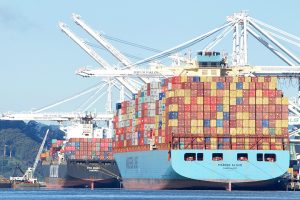 This story has been updated.
This story has been updated.
The Indian government says it will ban scrap plastic imports, a move that threatens to further disrupt the U.S. recycling industry by closing a growing market.

China’s scrap import restrictions and their rippling market effects pared recycling revenues for Waste Management and Waste Connections last year.
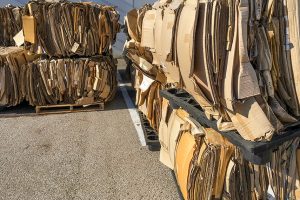
China has decreased purchases of old corrugated containers, which has caused domestic and export prices for the key fiber grade to fall.
Continue Reading

U.S. trade figures for November 2018 were released last week, showing that more recovered fiber and significantly less plastic was shipped out of the country.
 Year-end customs figures from the Chinese government quantify the country’s marked decrease in recyclable material purchases in the first year of new import restrictions.
Year-end customs figures from the Chinese government quantify the country’s marked decrease in recyclable material purchases in the first year of new import restrictions.
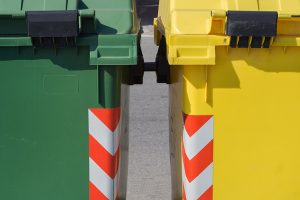 Waste Management’s latest sustainability report delves into factors impacting the recycling industry as a whole, including fluctuating markets, sustainable materials management, technological advances and more.
Waste Management’s latest sustainability report delves into factors impacting the recycling industry as a whole, including fluctuating markets, sustainable materials management, technological advances and more.
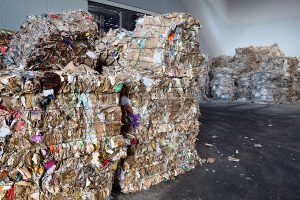 In its first release of import permits for 2019, China’s environmental ministry approved a larger volume of recovered fiber than in any single release last year.
In its first release of import permits for 2019, China’s environmental ministry approved a larger volume of recovered fiber than in any single release last year.
 Southeast Asian countries are moving to constrain imports of recyclables, but some exporters are mislabeling scrap plastic shipments to get around the restrictions.
Southeast Asian countries are moving to constrain imports of recyclables, but some exporters are mislabeling scrap plastic shipments to get around the restrictions.
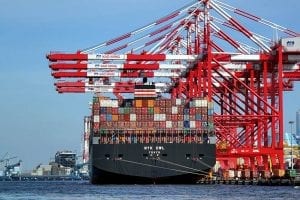
Governments across Southeast Asia continue to restrict recovered material imports. In the latest developments, Taiwan added plastic and paper restrictions, Vietnam rolled out new guidelines and Malaysia considered importing from certain countries only.

